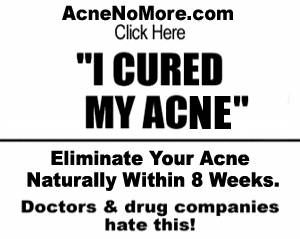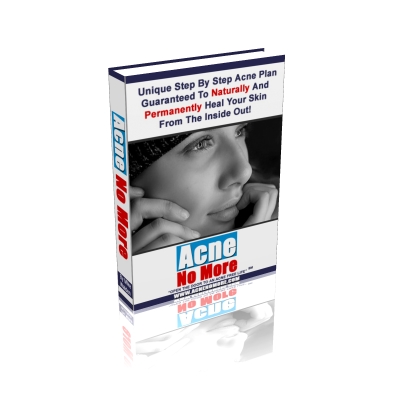Understanding Acne Infections
Acne, characterized by whiteheads or blackheads, typically starts as uninfected comedones. These are clogged sebaceous glands filled with sebum. When treated at this stage, acne can be resolved without leaving any scars. However, if left untreated, acne can become infected and develop into painful, pus-filled pimples. To prevent this from happening, it's important to take proactive steps. In this article, we will discuss effective strategies to stop acne infections and promote clearer skin.
How Acne Infections Occur
A bacterium known as P.acnes naturally resides on our skin and usually doesn't pose any harm. However, when provided with a warm, sebum-rich environment, the bacterium thrives and multiplies. This is precisely what happens in the case of acne. The sebaceous gland becomes an ideal breeding ground for the bacteria, leading to its rapid multiplication. As white blood cells attempt to kill the bacteria, pus-filled acne becomes visible. To prevent acne infections, it is crucial to create an environment where the bacteria cannot thrive. Let's explore some effective strategies.
Visit: Laser Treatment for Acne Scar Removal
1. Immediate Treatment of Blackheads and Whiteheads
Treating blackheads and whiteheads promptly is essential to prevent acne infections. You can use either Benzoyl Peroxide or Salicylic Acid to unclog the glands. It is advisable to consult your doctor regarding the use of tretinoin at this early stage. Additionally, consider using AHAs (Alpha Hydroxy Acids) around the affected area. AHAs facilitate faster removal of dead skin cells and help eliminate the topmost affected layer of the skin. Your doctor can guide you in developing a comprehensive treatment plan tailored to your needs.
2. Antibiotic Use as a Preventive Measure
Consult your doctor about the possibility of using a mild antibiotic in conjunction with other topical treatments to eliminate bacteria before it has a chance to multiply. Typically, antibiotics are used after an infection has already occurred. However, in this case, you can inquire whether preventive use of antibiotics is recommended. Killing the bacteria before it has a chance to grow can significantly reduce the risk of developing infected acne.
3. Maintaining Cleanliness and Proper Skincare
Proper hygiene and skincare practices are crucial in preventing acne infections. Ensure that you keep your hands clean and avoid touching your face unnecessarily, as it can introduce bacteria and worsen existing acne. Wash your face two to three times a day using a well-balanced cleanser with a mildly acidic pH or an AHA-based cleanser. It is important not to overcleanse the skin, as it can strip away natural oils and disrupt the skin's protective barrier. Avoid picking or squeezing acne lesions, as this can lead to infection. If necessary, consult your doctor, who can safely extract comedones or provide suitable guidance.
Preventing Acne Infections for Clearer Skin
Stopping acne before it becomes infected is the most effective way to avoid the development of large-scale pimples and subsequent scarring. By implementing the strategies outlined above, you can take proactive measures to maintain healthier, clearer skin.
Disclaimer:
The information presented in this article is intended for informative purposes only and should not be considered medical advice. It is essential to consult a healthcare professional regarding any medical concerns or treatment options. Only implement the tips provided in this article after consulting your doctor. The author bears no responsibility for any outcomes or damages resulting from the information obtainedfrom this article.
Don't Fall Victim to Acne Scams!
Are you tired of being deceived and wasting your hard-earned money on ineffective acne treatments? Discover the shocking truth about acne, drugs, and creams, and learn about the only path to achieving lasting acne freedom. Say goodbye to acne once and for all, naturally and permanently! Click here to find out more: AcneNoMore.com






















0 Comments